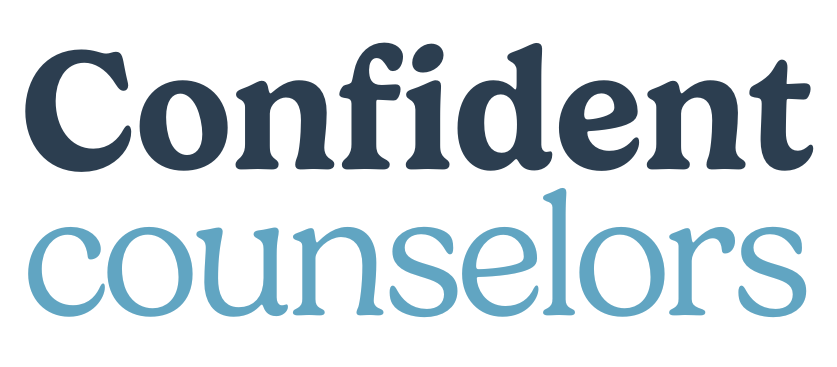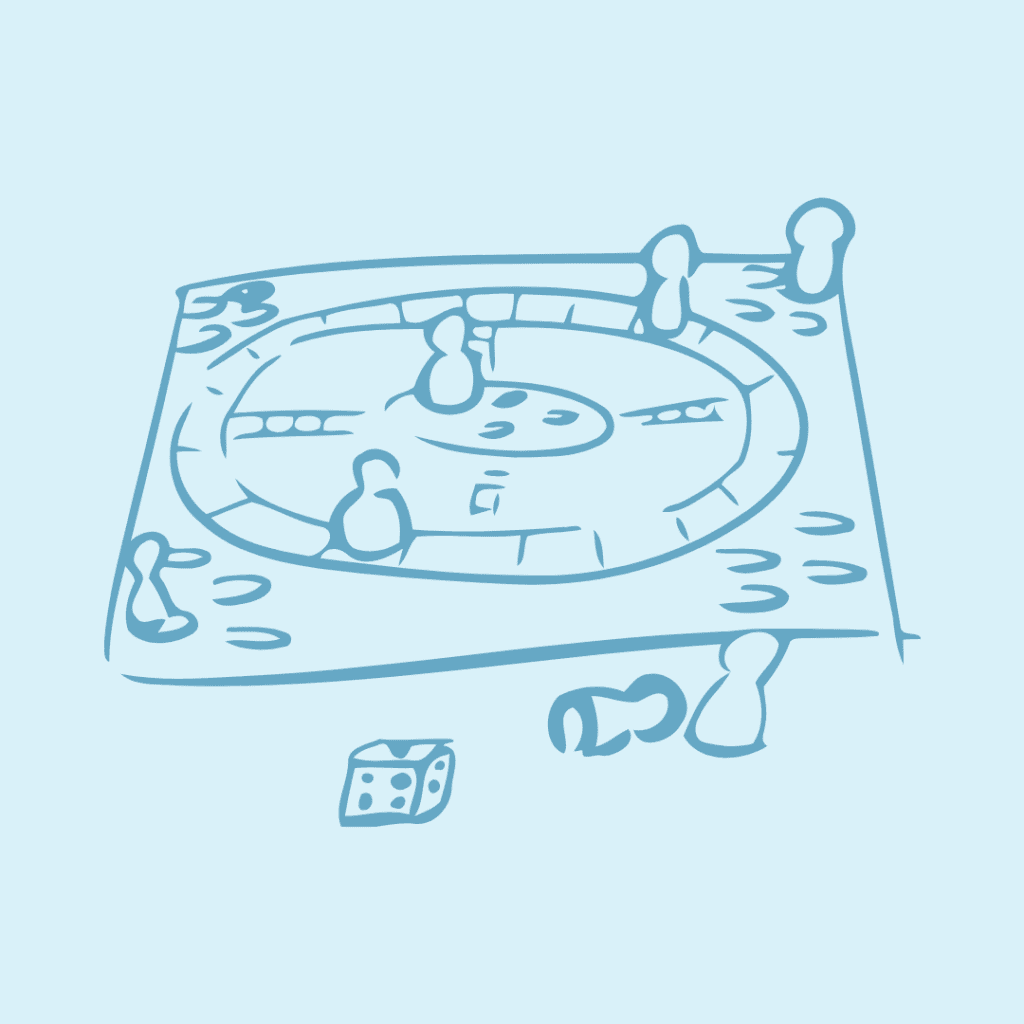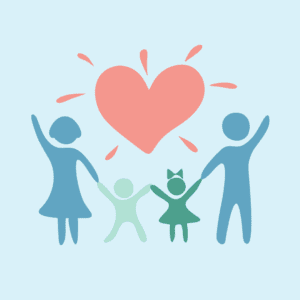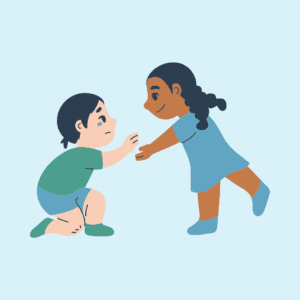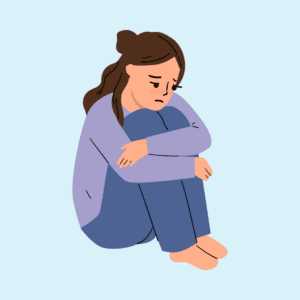How often do you grab the Ungame off the shelf? What about Uno or Jenga? We know who wins that contest. Non-counseling games can be such great tools in the office. They engage students immediately, game play is familiar, and you can cover tons of different topics with the same game. I’m sold.
[su_divider top=”no” style=”double” divider_color=”#af1c1c” link_color=”#000000″] [su_divider top=”no” style=”dashed” divider_color=”#af1c1c” link_color=”#000000″][/su_divider]
Incorporate Games
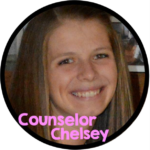 I absolutely love to use non-counseling games in my work with students! They fit perfectly with small group, individual, and even classroom lessons. I use many games for my early elementary students to help teach turn-taking, waiting, encouraging others and dealing with frustration. This can be so helpful because it is a way of practicing what we have been working on while making it fun for the student. It is also great because I can use it as an informal assessment of the student’s progress, and to see which areas we still need to work on!
I absolutely love to use non-counseling games in my work with students! They fit perfectly with small group, individual, and even classroom lessons. I use many games for my early elementary students to help teach turn-taking, waiting, encouraging others and dealing with frustration. This can be so helpful because it is a way of practicing what we have been working on while making it fun for the student. It is also great because I can use it as an informal assessment of the student’s progress, and to see which areas we still need to work on!
[su_divider top=”no” style=”double” divider_color=”#af1c1c” link_color=”#000000″] [su_divider top=”no” style=”dashed” divider_color=”#af1c1c” link_color=”#000000″][/su_divider]
Social Skills Practice

Basically, every game teaches social skills! I love using cooperative games (where there is no single winner) to scaffold students’ turn-taking, cooperation, leadership and more.
In Hoot Owl Hoot, players work together to use strategy to get all of the owlets in the nest before the sun rises. You can use fewer owls for younger kids and more owls for older kids. Some real strategy is needed in order to actually get all the owls to the nest. Skills learned include turn taking, voicing an opinion, handling disagreements, leadership, decision making with a group, and strategy.
Using commonly held skill language will help your teachers, parents, and administrators understand that “just playing games” can have a positive impact on students. Check out my blog post for more games to play!
– Rebecca at Counselor Up
[su_divider top=”no” style=”double” divider_color=”#af1c1c” link_color=”#000000″] [su_divider top=”no” style=”dashed” divider_color=”#af1c1c” link_color=”#000000″][/su_divider]
Small Groups
 I love using non-counseling games with my small groups! Games are an engaging way to help students work on social skills, cooperation, and problem-solving.
I love using non-counseling games with my small groups! Games are an engaging way to help students work on social skills, cooperation, and problem-solving.
My favorite non-counseling games are Jenga, Don’t Break the Ice, Race to the Treasure, Hoot Owl Hoot, Spot It, and Suspend. During the first session of nearly all of my small groups, we play Jenga as an icebreaker.
I created a resource called Build Your Own Counseling Game that allows you to turn Jenga (or any other game you can add color) into a therapeutic game. I colored my Jenga blocks with permanent markers, which allows me to match up the colors to themed question cards. Depending on the type of small group, I choose from themes such as All About Me, Changing Families, Self-Esteem, Friendship Problems, or New Students. Students really enjoy playing the themed Jenga game and usually ask to play it again when they visit my office!
– Kate from EduKate and Inspire
[su_divider top=”no” style=”double” divider_color=”#af1c1c” link_color=”#000000″] [su_divider top=”no” style=”dashed” divider_color=”#af1c1c” link_color=”#000000″][/su_divider]
Non-counseling games mentioned in this post (affiliate links):
What are your favorite games to use in counseling? Share in the comments below.

